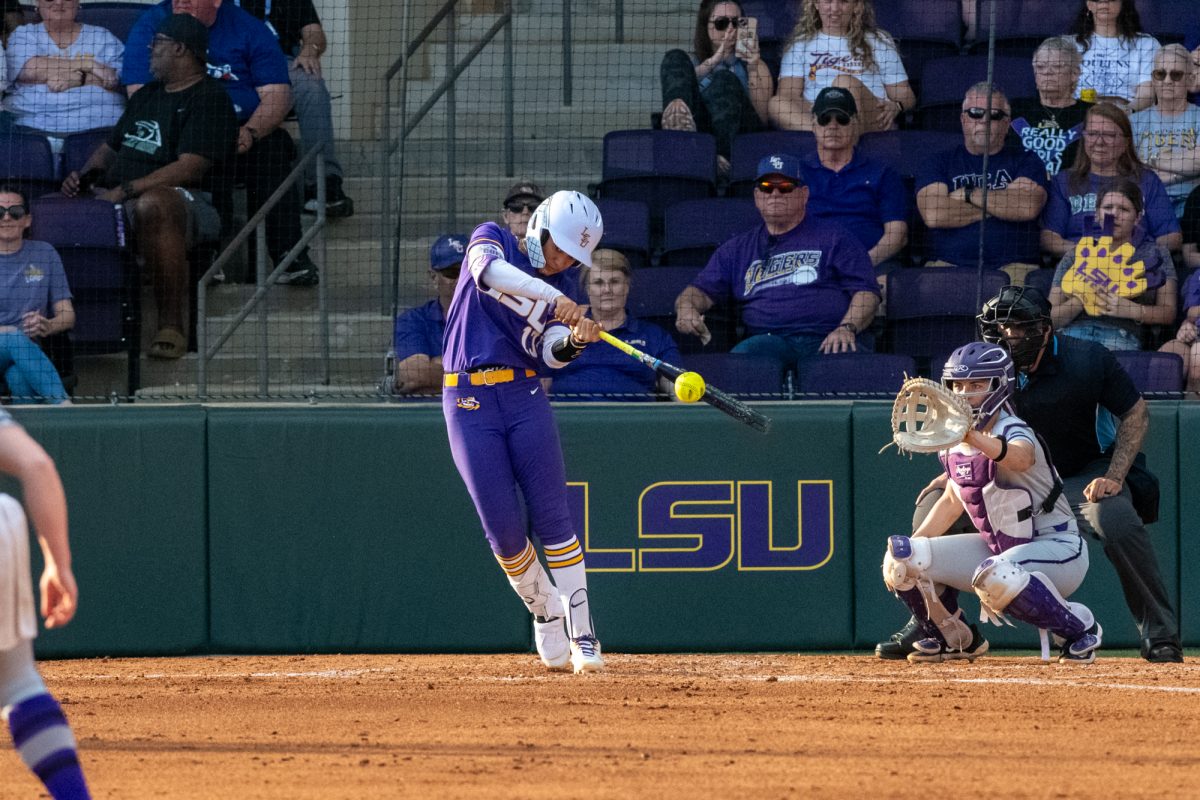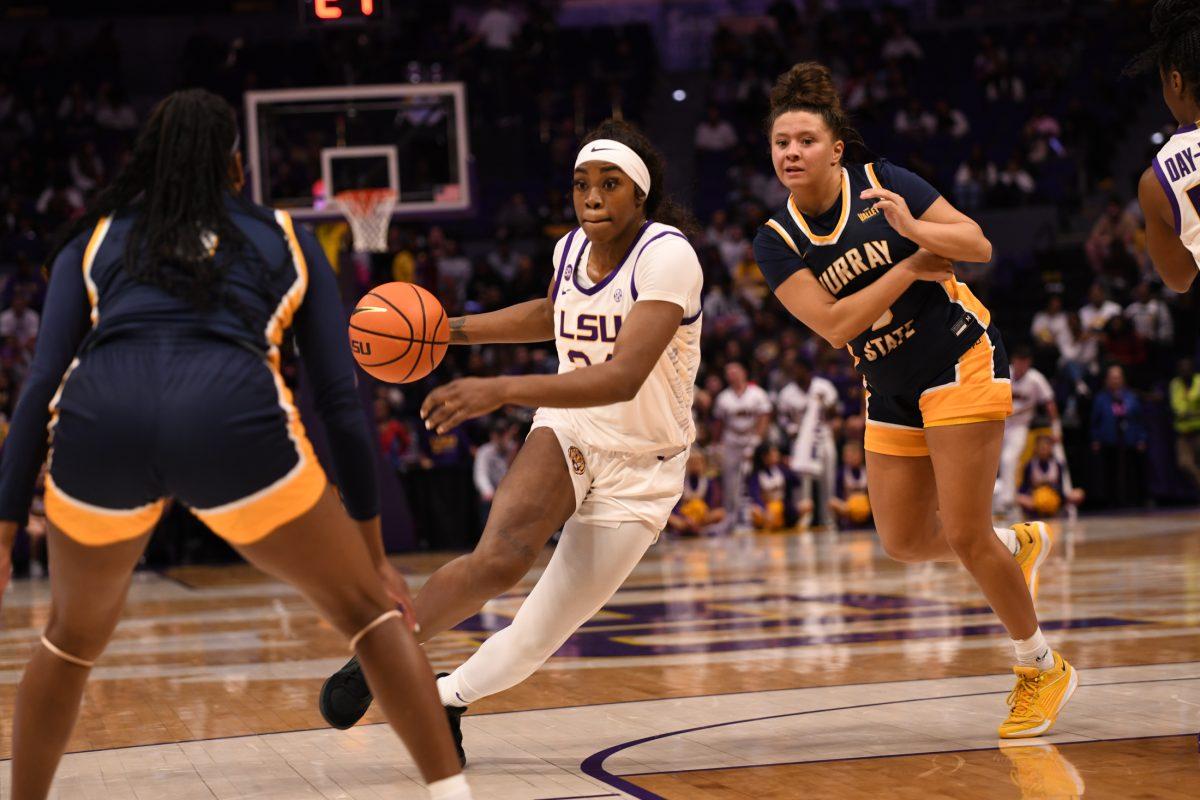Last month, I wrote about what I saw as wasteful spending by the LSU Athletic Department potentially leading to financial woes. A few days later, senior associate athletic director Herb Vincent wrote a letter to the editor basically to tell me I had no clue what I was talking about. Maybe LSU’s Athletic Department won’t be noticeably affected by the economy.But I find this hard to believe since nearly everyone else is.Almost nothing is “recession-proof” — even one of the most successful franchises in the WNBA.The Houston Comets announced in December they would be disbanding after failing to find new ownership.It is the fifth team in the league’s history to fold, but it is also the most successful of the five.LSU women’s basketball coach Van Chancellor won four of the league’s 12 total championships as the Comets’ first coach. But even this marketable program that averaged more than 6,500 fans per game was not seen as a wise investment among those with the means to save it.There’s no more Comets, but what does this mean for the rest of the league?It’s no secret women’s basketball isn’t widely popular in the states, and female basketball players can make much more money on average overseas.That’s why the WNBA’s most marketable players like Diana Turasi, Sue Bird and Candace Parker all play in Russia during the offseason to supplement their incomes.I wouldn’t be surprised if, in 10 years, no one remembered the mostly-failed experiment that was the WNBA.Does anyone remember the American Basketball League from the ‘90s or have heard of the Women’s Professional Basketball League from the ‘70s and ‘80s?Didn’t think so. The women aren’t the only ones feeling the effects of the economic downturn.It’s affected the NBA and NFL, too.The NBA remains as financially strong as ever as a whole, but teams are still losing money.Many of the trades made before last month’s trade deadline were made for purely economic reasons in order to get rid of overpaid, underperforming athletes and gain expiring contracts.The Portland Trail Blazers were even involved in a situation earlier this season in which they threatened to sue other teams not to sign forward Darius Miles becauseif he played 10 games, his $18 million contract would appear on the Portland payroll.League-wide, official attendance numbers are stagnant, but season ticket renewal rates dropped by 4 percent from last season, according to Sportsbusinessdaily.com.And one can see just by watching the games there is an abundance of empty seats in every arena across the league.Three weeks ago, $200 million was given to the league to be distributed among teams interested in having the additional cash for “any purpose, including helping teams deal with operating losses incurred because of the economy,” according to ESPN.NBA commissioner David Stern said the teams that would receive the money weren’t necessarily the ones in the worst shape, but simply the ones that wanted the money.But this doesn’t mean there aren’t teams out there losing money like me at a slot machine. Bob Johnson, owner of the Charlotte Bobcats, told ESPN he lost tens of millions of dollars since the team’s inception in 2003.ESPN also reported the Orlando Magic lost between $15 million and $20 million.The NBA as a whole also cut around 9 percent of its domestic workforce.In the NFL, commissioner Roger Goodell voluntarily agreed to take an up to 25 percent pay cut to save money.The league also had to cut 169 jobs and freeze the salaries of executives.These are just a few cases in what could turn out to be a much larger problem for sports and leagues across the country and the world at large. I just hope my favorite teams don’t have to cut corners and make bad trades just to save a few bucks.I’ve already had to go more than a decade since one of my favorite teams last won a championship.Unless you count Manchester United winning the Champions and Premier Leagues last year.
—-Contact Johanathan Brooks at [email protected]
The 6th Man: Recession-proof athletics is difficult to believe
March 8, 2009






